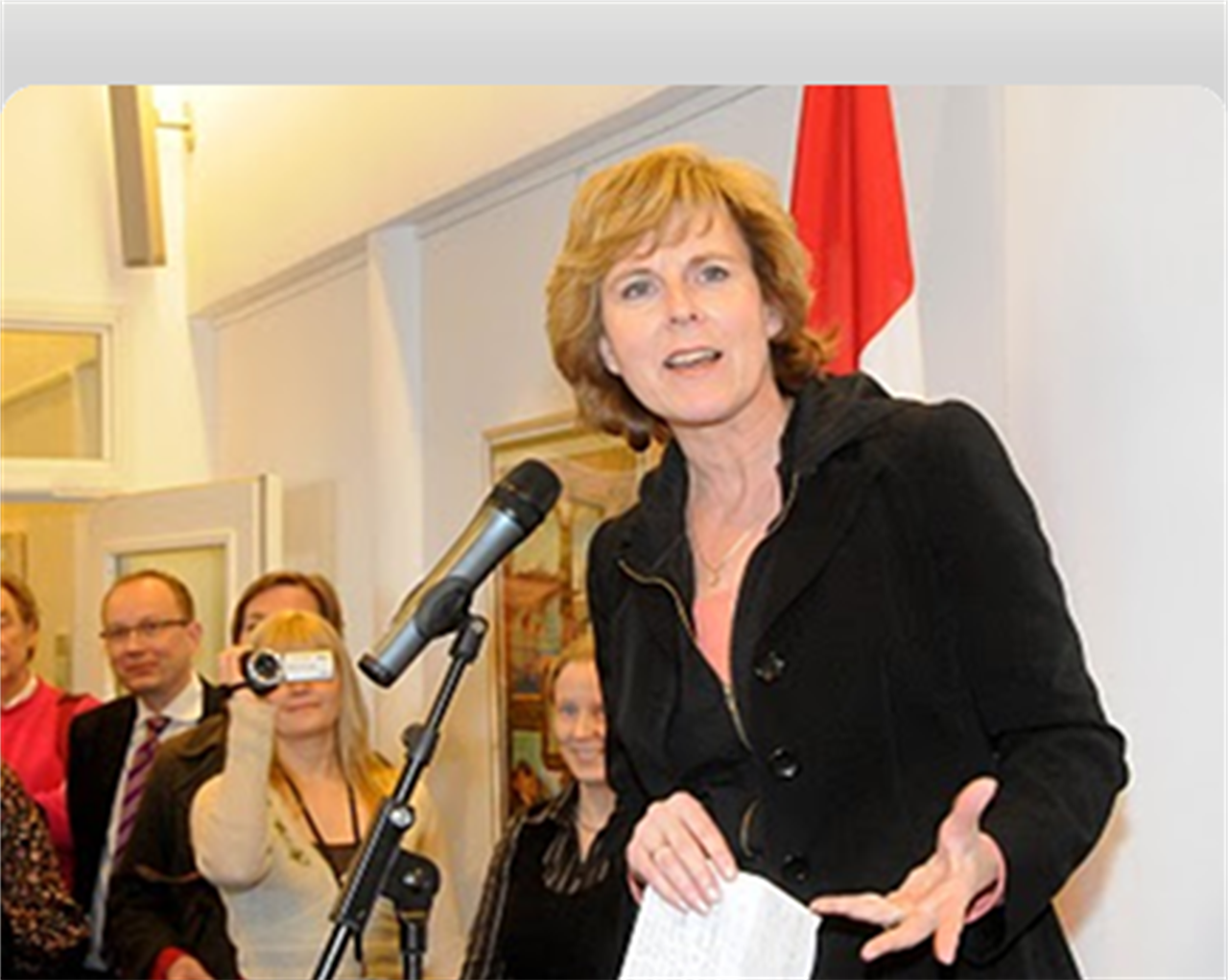Sostenibilità
Cost reduction for emission cuts
Study reveals paradoxical effect of recession on emission reductions policy.
di Staff

By Joshua Massarenti
Brussels – The economic crisis may be having at least one positive effect.
According to a new study – presented by the European Commission on the environment by Connie Hedgaard – reducing carbon emissions by twenty percent by 2020 will cost EU members less than was previously forecasted by a study done in 2008.
Nevertheless, the number of member states who are ready to take on the ambitious goal to reduce emissions by thirty percent over the next ten years is in decline.
Poor economic conditions are being blamed for this decline.
For Hedegaard, “a move from a target reduction rate of twenty to thirty percent is a political choice that governments should make when the calendar and the conditions allow them to do so.”
A glance at the EU agenda would suggest that a common carbon emission policy should be adopted by November 2010, when world leaders will meet in Cancun for the World Summit on Climate.
The first stage of negotiations will happen on June 17 in Brussels at the next EU Summit, followed by another EU Summit in mid September.
But the march to Cancun is in danger of evolving into an obstacle course. If the Euro crisis continues, uniting countries around a thirty percent target could prove to be impossible.
Greenpeace refuses to give up on European unity.
Mark Breddy of Greenpeace told Vita that “the race is off. On one side there are the lobby groups who represent the steel industry and oil refineries. They are putting a huge amount of pressure on Brussels not to impose a thirty percent target on its member states. On the other side there is Europe’s civil society. They already have the support of the Scandinavian countries and the new British coalition government, both have made climate control a key pillar of their political agendas.”
Steel giants like Arcelor-Mittal and Lafarge will be able to take advantage of the unwillingness of certain countries like Germany and France – to a lesser extent – to sign on to such a high objective.
Yesterday the German Minister to the Economy, the liberal Rainer Bruderle, and the French Minister of Industry, Christian Estrosi, pulled the breaks on the commission’s emission reduction plans.
They spoke out against the idea of reducing emissions at any cost. The Angela Merkel government is feeling pressure from lobby groups that represent German industry. While President Sarkozy would be happy to take on the thirty percent target, but only if a tax was levied on EU imports associated with high pollution.
Then there is the problem of the United States and China, both are being called on to double their environmental programs.
Already faced with the ills caused by the crisis, the world’s most powerful nations are convinced that a policy agenda too keen on the environment would further devastate national industry (especially in those high polluting sectors).
This would lead to higher unemployment and social discontent, two things no government looks to bring upon itself.
“They couldn’t be more wrong,” argues Breddy. “Many studies show that environmentally friendly political policy actually creates jobs.”
Now he just needs to convince Paris and Berlin, the two governments who hold all the cards at the negotiation table in Brussels.
“It won’t be easy, but we can count on the two ministers of the environment in France and Germany who have committed to battle and convincing their more pro industry colleagues.”
In Breddy’s opinion ,industry has no reason to lament itself.
“We know that multinationals in the oil and steel sector have made billions in the carbon trading market, to be precise 14 billion Euros over three years. How? By receiving permission to emit CO2 for free. They use the credits and then pass the cost on to the consumers.”
Si può usare la Carta docente per abbonarsi a VITA?
Certo che sì! Basta emettere un buono sulla piattaforma del ministero del valore dell’abbonamento che si intende acquistare (1 anno carta + digital a 80€ o 1 anno digital a 60€) e inviarci il codice del buono a abbonamenti@vita.it
